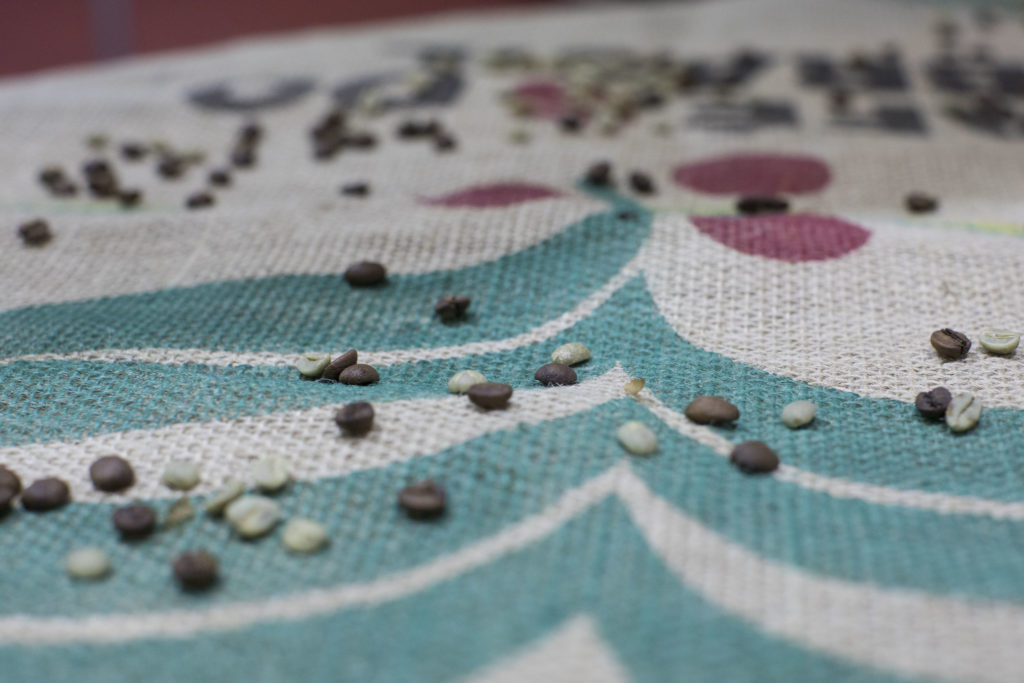São Paulo – The first quarter of 2021 was a promising one when it comes to Brazilian coffee sales to Arab countries. Worldwide sales were up 37% year-on-year in Q1. The result was underscored by the Coffee Exporters Council (CeCafé) in a report this Monday (12).
Q1 sales amounted to 11 million 60-kg bags of coffee. Arab countries took in 522,000 bags, and their share of total sales went from 3.8% to 4.7%.
Coffee exports to Arab countries fetched USD 54.5 million in Q1 2021, up from USD 43.6 million in Q1 2020. As a result, the Arab bloc was labeled one of the markets with the biggest potential when it comes to Brazilian coffee, as part of the Emerging Markets category in the Cecafé report. Total sales to emerging markets came out to 2 million bags of coffee, up 11.8% year-on-year.
CeCafé is working on marketing actions in these booming markets. A case in point is a project targeting Saudi Arabia, which CeCafé’s CEO discussed at length in an interview with ANBA.
CeCafé’s numbers concern primarily green coffee, or raw coffee beans. This type of product accounts for 92.5% of sales to Arab countries, with 81.6% of sales consisting of Arabica-type coffee and 10.9% consisting of the Robusta kind. Demand for instant coffee also picked up in key Arab markets.
Instant coffee
According to the Brazilian Instant Coffee Industry Association (Abics), total exports were down 2.9% in Q1.
However, sales to the biggest Arab markets increased, by 34% to 17,000 60-kg bags to Saudi Arabia, and by 27.5% to 14,000 bags to the UAE. Sales to Egypt were up 190% to 1,746 bags.
Marketing actions
Last Friday (9), The Brazil Specialty Coffee Association (BSCA) and the Brazilian Trade and Investment Promotion Agency (Apex-Brasil) renewed their international Brazilian coffee promotion project through March 2023.
Just like with the CeCafé promotion plan, the Apex-BSCA project includes Arab countries as target markets, in a bid to boost green coffee sales to Saudi Arabia. As for the UAE, the plan is to increase sales of green as well as roast and ground coffee.
Translated by Gabriel Pomerancblum




